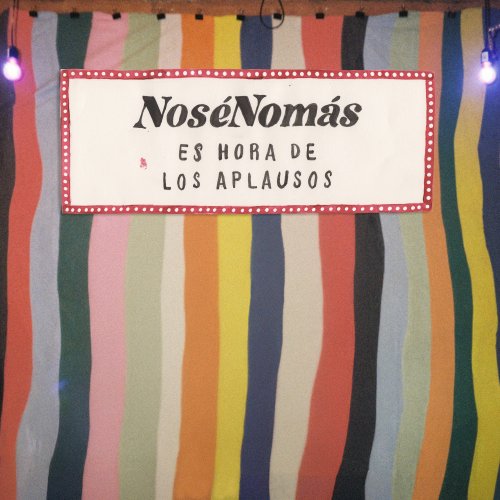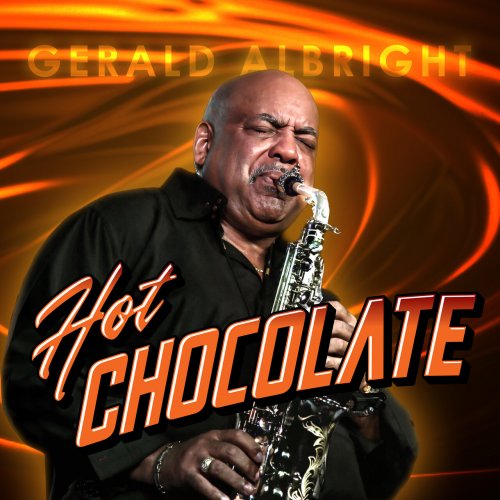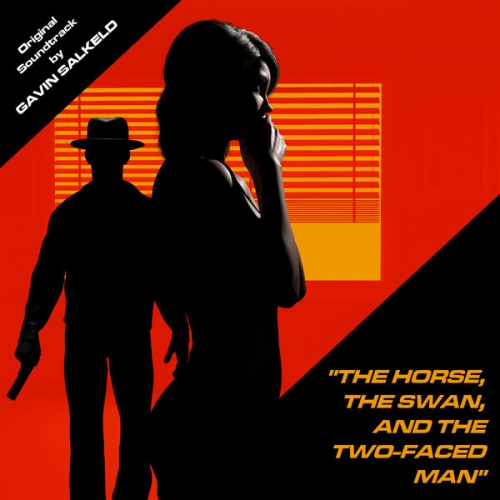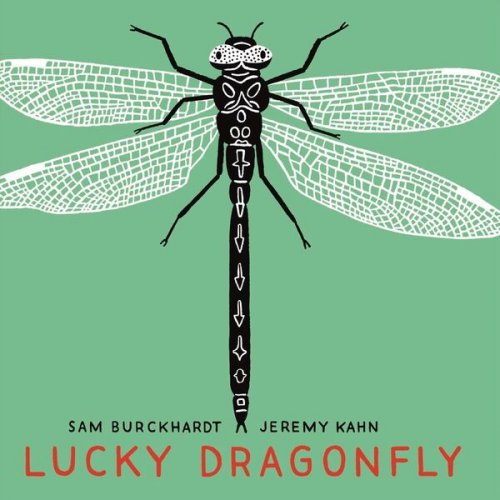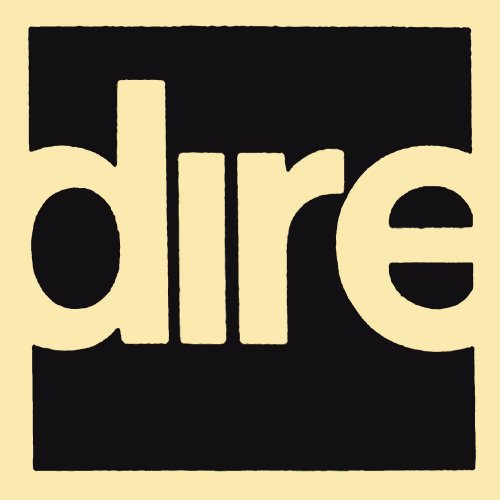01. Got To Have You Back (Album Version) 2:51
02. Greetings (This Is Uncle Sam) (Album Version) 2:51
03. All Because I Love You (Single Version) 2:34
04. Catching Up On Time (Album Version) 2:29
05. Born To Love You (Album Version) 2:59
06. Ain't That Real Satisfaction (Album Version) 2:57
07. How Sweet It Is (To Be Loved By You) 2:54
08. I Hear A Symphony 3:18
09. No Good Without You (Album Version) 2:47
10. It Moves Me To Tears (Album Version) 3:20
11. I Can't Help It (I Love You) (Album Version) 2:52
12. Sad Souvenirs (Album Version) 2:33
13. Nowhere To Run 2:49
14. Take Some Time Out For Love 2:27
15. Share A Little Love With Me (Somebody) (Album Version) 2:46
16. You've Got So Much To Shout About (Album Version) 2:28
17. Trouble (Album Version) 3:01
18. Put Yourself In My Place 2:43
First formed in the early '50s, the Isley Brothers enjoyed one of the longest, most influential, and most diverse careers in the pantheon of popular music -- over the course of nearly a half-century of performing, the group's distinguished history spanned not only two generations of Isley siblings but also massive cultural shifts, which heralded their music's transformation from gritty R&B to Motown soul to blistering funk. The first generation of Isley siblings was born and raised in Cincinnati, Ohio, where they were encouraged to begin a singing career by their father, himself a professional vocalist, and their mother, a church pianist who provided musical accompaniment at their early performances. Initially a gospel quartet, the group was comprised of Ronald, Rudolph, O'Kelly, and Vernon Isley; after Vernon's 1955 death in a bicycling accident, tenor Ronald was tapped as the remaining trio's lead vocalist. In 1957, the brothers went to New York City to record a string of failed doo wop singles; while performing a spirited reading of the song "Lonely Teardrops" in Washington, D.C. two years later, they interjected the line "You know you make me want to shout," which inspired frenzied audience feedback. An RCA executive in the audience saw the concert, and when he signed the Isleys soon after, he instructed that their first single be constructed around their crowd-pleasing catch phrase; while the call-and-response classic "Shout" failed to reach the pop Top 40 on its initial release, it eventually became a frequently covered classic.
Still, success eluded the Isleys, and only after they left RCA in 1962 did they again have another hit, this time with their seminal cover of the Top Notes' "Twist and Shout." Like so many of the brothers' early R&B records, "Twist and Shout" earned greater commercial success when later rendered by a white group -- in this case, the Beatles; other acts who notched hits by closely following the Isleys' blueprint were the Yardbirds ("Respectable," also covered by the Outsiders), the Human Beinz ("Nobody but Me"), and Lulu ("Shout"). During a 1964 tour, they recruited a young guitarist named Jimmy James to play in their backing band; James -- who later shot to fame under his given name, Jimi Hendrix -- made his first recordings with the Isleys, including the single "Testify," issued on the brothers' own T-Neck label. They signed to the Motown subsidiary Tamla in 1965, where they joined forces with the famed Holland-Dozier-Holland writing and production team. Their first single, the shimmering "This Old Heart of Mine (Is Weak for You)," was their finest moment yet, and barely missed the pop Top Ten.
"This Old Heart of Mine" was their only hit on Motown, however, and when the song hit number three in Britain in 1967, the Isleys relocated to England in order to sustain their flagging career; after years of writing their own material, they felt straitjacketed by the Motown assembly-line production formula, and by the time they returned stateside in 1969, they had exited Tamla to resuscitate the T-Neck label. Their next release, the muscular and funky "It's Your Thing," hit number two on the U.S. charts in 1969, and became their most successful record. That year, the Isleys also welcomed a number of new members as younger brothers Ernie and Marvin, brother-in-law Chris Jasper, and family friend Everett Collins became the trio's new backing unit. Spearheaded by Ernie's hard-edged guitar leads, the group began incorporating more and more rock material into its repertoire as the 1970s dawned, and scored hits with covers of Stephen Stills' "Love the One You're With," Eric Burdon & War's "Spill the Wine," and Bob Dylan's "Lay Lady Lay."
In 1973, the Isleys scored a massive hit with their rock-funk fusion cover of their own earlier single "Who's That Lady," retitled "That Lady, Pt. 1"; the album 3 + 3 also proved highly successful, as did 1975's The Heat Is On, which spawned the smash "Fight the Power, Pt. 1." As the decade wore on, the group again altered its sound to fit into the booming disco market; while their success on pop radio ran dry, they frequently topped the R&B charts with singles like 1977's "The Pride," 1978's "Take Me to the Next Phase, Pt. 1," 1979's "I Wanna Be with You, Pt. 1," and 1980's "Don't Say Goodnight." While the Isleys' popularity continued into the 1980s, Ernie and Marvin, along with Chris Jasper, defected in 1984 to form their own group, Isley Jasper Isley; a year later, they topped the R&B charts with "Caravan of Love." On March 31, 1986, O'Kelly died of a heart attack; Rudolph soon left to join the ministry (he died on October 11, 2023 at the age of 84), but the group reunited in 1990.
Although the individual members continued with solo work and side projects, and also experienced misfortune along the way, the Isley Brothers forged on in one form or another throughout the '90s and into the 21st century. In 1996, now consisting of Ronald, Marvin, and Ernie, they released the album Mission to Please; however, Marvin developed diabetes and left the band the following year -- the disease later necessitated the amputation of both his legs. Ronald and Ernie hooked up for the release of 2001's Eternal, a brand-new selection of R&B cuts featuring collaborative efforts with Jill Scott, Jimmy Jam & Terry Lewis, and Raphael Saadiq. On that particular release, Ronald also introduced the alter ego Mr. Biggs. Body Kiss was released in 2003, followed by Baby Makin' Music in 2006, the year after Ronald was convicted of tax evasion charges. Experiencing his own set of serious health issues, Ronald was sentenced to prison and served the latter portion of his sentence at a halfway house in St. Louis, Missouri before being released in April 2010. On June 6 of that year, Marvin died of complications from diabetes at the age of 56. Other than reissues, the remaining Isleys didn't record together again until 2017, when they joined Carlos Santana and his wife, jazz drummer Cindy Blackman Santana in a Las Vegas studio.
Two years earlier, Santana was touring with Rod Stewart, whose band included Kimberly Johnson-Breaux, Ron's sister-in-law. When the singer popped into the band's show in St. Louis, he and Santana met for the first time. The guitarist invited Isley on-stage to sing "It's Your Thing" and "That Lady." In the aftermath, the pair began discussing a collaboration. First, Isley contributed vocals to Santana IV. Following it, the Isleys joined the Santanas in a Las Vegas studio without prep to record material for what would eventually become 2017's Power of Peace, a collection of classic soul, pop, and blues covers. The material included versions of songs by Stevie Wonder, Marvin Gaye, Burt Bacharach & Hal David, Willie Dixon, and Curtis Mayfield, among others. The 13-track album was released in July, a week after Santana's 70th birthday.
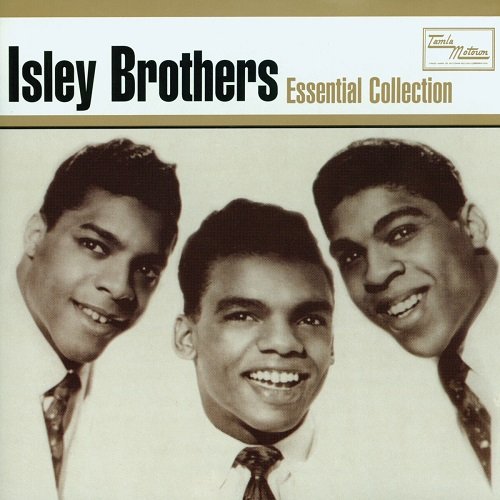

![Thomas Bergsten Trio - Chill Microtonal Free Jazz and Modern Composition To Study To (2026) [Hi-Res] Thomas Bergsten Trio - Chill Microtonal Free Jazz and Modern Composition To Study To (2026) [Hi-Res]](https://www.dibpic.com/uploads/posts/2026-03/1772434983_p1cagvb6yegof_600.jpg)
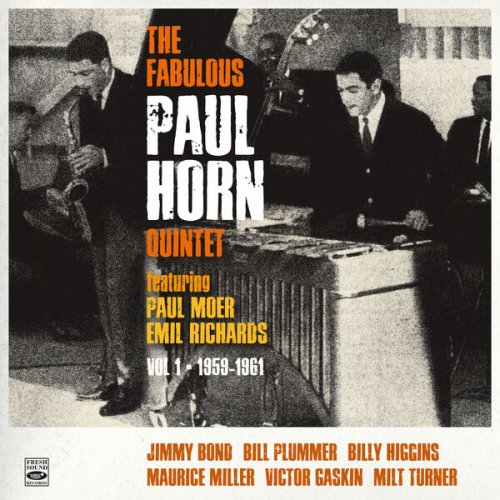
![Ingrid Jensen - Landings (2026) [Hi-Res] Ingrid Jensen - Landings (2026) [Hi-Res]](https://www.dibpic.com/uploads/posts/2026-02/1772179914_cover.jpg)
